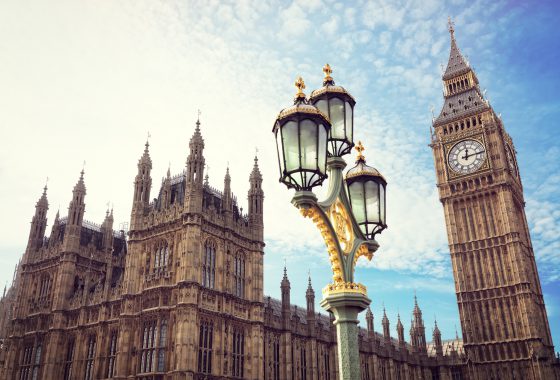The annual allowance is ‘necessary’ to ‘deliver a fair system and protect the public finances’, the Chancellor has said.
Chancellor Philip Hammond defended the reforms made to the NHS pension scheme, including the implementation of a tapered annual allowance in 2016, saying these were needed in order to guarantee fairness in the system and ensure the higher earners do not benefit from a ‘disproportionate’ tax relief.
His comments come after health minister Stephen Hammond recently admitted that the change to pension tax allowances ‘coincides’ with the growing number of GPs retiring early.
Conservative MP Paul Masterton asked Philip Hammond whether scrapping the annual allowance would be ‘the sensible and fiscally responsible thing’ to do, ‘given that the costs of increased waiting times, delayed diagnosis and knowledge gaps far outweigh the tax revenue generate’.
In response, Mr Hammond said changes to pension tax allowances were ‘necessary’ to ‘deliver a fair system and protect public finances’.
He said: ‘The overall reforms to pensions allowances that were made in the previous two Parliaments and include the tapered annual allowance are necessary to deliver a fair system and to protect the public finances. These measures affect only the highest-earning pension savers and are expected to raise £6bn a year.’
Under the current NHS pension scheme, an annual allowance worth £40,000 limits the amount of money that can go into the pot each year.
The annual allowance starts to reduce from this level for high-earners with total income over £150,000 per year. The minimum tapered annual allowance is £10,000, which only applies to those who earn more than £210,000.
However, Mr Hammond admitted that the annual allowance has a ‘significant’ impact on GP partners.
He said: ‘The tapered annual allowance is focused on the highest-earning pension savers to ensure that the tax relief that they receive is not disproportionate to that of other savers.
‘However, I do accept that there is some evidence that the annual allowance charge is having an impact on the retention of high-earning clinicians in the NHS. I have also recognised and acknowledged today that the operation of the pension annual allowance charge does have a significant effect —particularly, it seems, on partners in GP practices’.
Mr Hammond said Mr Hancock ‘will make an announcement as soon as possible’, as both the Treasury and the Department of Health and Social Care are ‘close to reaching a conclusion’.
It emerged this month that there has been a ‘sharp rise’ in the number of GPs seeking pension advice, with some GPs facing personal bills of up to £50,000.
Pulse October survey
Take our July 2025 survey to potentially win £1.000 worth of tokens













